Understanding Low Voltage Insulators
Low voltage insulators play a critical role in electrical systems, ensuring the safe and efficient transmission of electricity at voltage levels below 1000 volts. These devices are essential for protecting electrical components from environmental elements and ensuring the safety of both equipment and personnel. By preventing electrical leakage and ensuring reliable connectivity, low voltage insulators are indispensable in various applications.
Types of Low Voltage Insulators
- Porcelain Low Voltage Insulators: Known for their durability and excellent dielectric properties, porcelain insulators are widely used in outdoor applications. They can withstand harsh weather conditions and are resistant to UV radiation.
- Glass Low Voltage Insulators: These insulators offer high visibility and resistance to corrosion and environmental degradation. Glass insulators are often favored for their aesthetic appeal and long lifespan.
- Polymer Insulators: Made from high-strength synthetic materials, polymer insulators are lighter and more flexible than their porcelain or glass counterparts. They are ideal for use in areas with high seismic activity due to their reduced weight.
- Composite Insulators: Combining the benefits of polymer and other materials, composite insulators are designed for high performance in diverse environments. They exhibit excellent hydro-phobic properties, ensuring reliability even in wet conditions.
Applications of Low Voltage Insulators
- Power Distribution: Essential for protecting transformers, busbars, and lines in power distribution and transmission systems.
- Telecommunications: Used in telecommunications equipment to insulate and protect signal lines from environmental interference.
- Renewable Energy: Increasingly applied in solar panels and wind turbines, low voltage insulators help manage and protect energy generation systems.
- Industrial Equipment: Important in factories and manufacturing setups for machinery that requires stable voltage levels and protection from electrical faults.
Advantages of Low Voltage Insulators
- Safety: Provide insulation that protects against electrical shock and short circuits, ensuring personnel safety.
- Longevity: Designed to endure environmental stresses, these insulators typically have a long operational life, reducing maintenance costs.
- Cost-Effective: With their ability to minimize energy loss and prevent equipment failure, low voltage insulators provide high value and savings over time.
- Versatility: Adaptable to a wide range of applications, from industrial to commercial and residential settings, making them essential for diverse electrical systems.
Choosing the Right Low Voltage Insulator
Selecting the appropriate low voltage insulator involves several considerations to ensure optimal performance:
- Voltage Rating: Ensure the insulator can withstand the specific operating voltage of your electrical system.
- Environmental Conditions: Consider factors such as moisture, temperature extremes, and exposure to pollutants when choosing materials.
- Mechanical Strength: Assess the physical conditions that the insulator will be subject to, ensuring it can withstand mechanical forces.
- Installation Space: Evaluate the available space for installation, as different types of insulators may require specific configurations.




























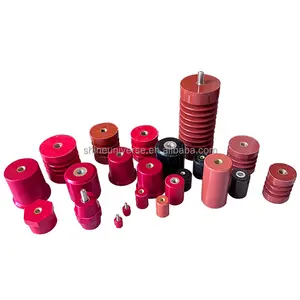



























































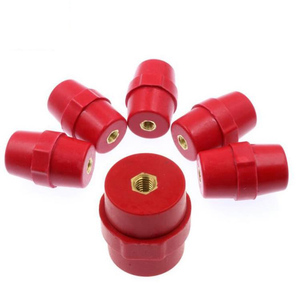
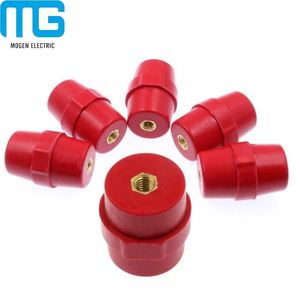
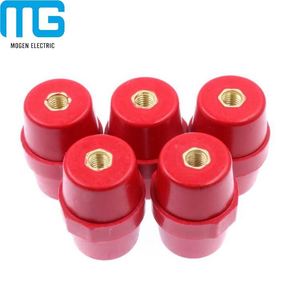
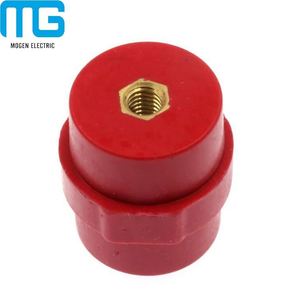
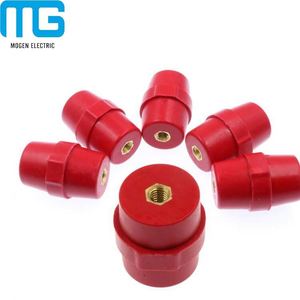














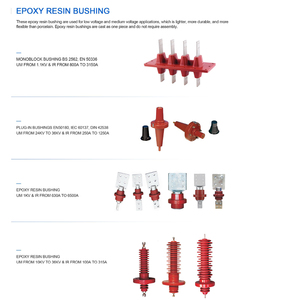


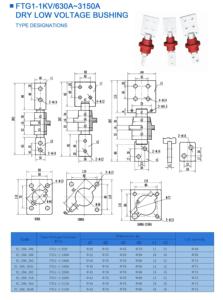













































































































































 浙公网安备 33010002000092号
浙公网安备 33010002000092号 浙B2-20120091-4
浙B2-20120091-4